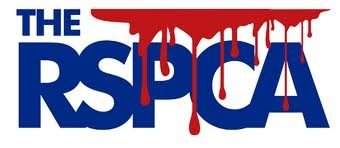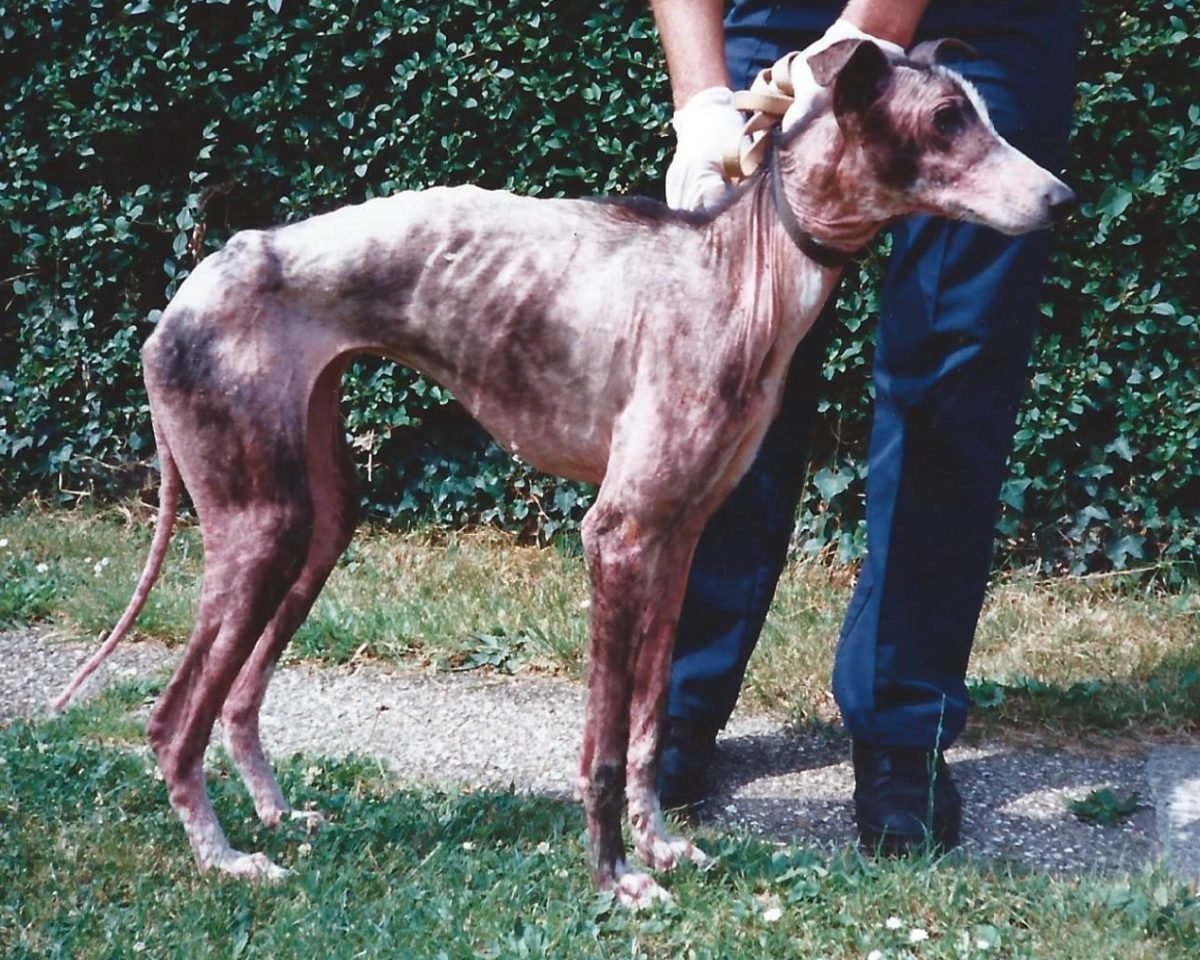
Some defence lawyers believe we do.
Some UK lawyers appear on a crusade to curtail animal cruelty prosecutions in the UK. The rights and interests of the abused animals to get protection seem to get lost in attempts to make us feel sorry for the offenders. Some lawyers advertise themselves as specialist defence lawyers against the RSPCA and arguably publish a lot of misinformation to muddy the waters.
By advertising themselves as specialist defence lawyers it obviously provides them with clients and publicity in this niche market. The situation is similar in other countries such as Australia and the USA. They declare that they are there to defend you against the dastardly RSPCA, who they ironically accuse of using ‘specialist animal welfare prosecution lawyers’, when of course they are acting in the same way.
Extreme and lurid viewpoints.
At least one firm posts quite extreme and lurid viewpoints about the charity on their websites. One goes as far as to show an RSPCA sign dripping with blood stating the charity has ‘increasingly taken over the investigation and prosecution’ of animal cruelty in the UK and accuses their inspectors of being “sheep in wolves clothing“ by dressing in police style uniforms to dupe the public.

They also cite the RSPCA of slaughtering 1000 healthy dogs and cats annually and state that ‘there are few prosecutions that cause more anxiety and trauma than RSPCA prosecutions’.
Their advice to owners being investigated by the RSPCA is to rush their pet to a vet to get a report on its good condition, but of course this is mostly nonsensical as most neglect results from not visiting a vet in the first place. RSPCA Inspectors are hardly likely to waste their time chasing owners of healthy and well looked after pets as there is obviously no point.
Unfair to brand people who ill treat animals as criminals.
Some defence lawyers seem to feel the use of the Animal Welfare Act is too severe and its application often controversial believing that it would be better to warn or educate owners rather than prosecute them. But this is mostly the line the RSPCA takes and prosecution is only used for severe cases. It also has to be remembered that they are not driving around looking for owners to pick on but responding to concerns by the public. The consensus among some is that offenders cannot be treated fairly in court due to emotive public reaction and media interest. There also seems an attitude that people who ill-treat animals to the point that they break the law, should not be branded as criminals, but rather as misguided souls only guilty of a misdemeanor at most and deserving of lenient treatment.
I obviously uphold everyone’s right to have a legal defence but not at the cost of removing the right to prosecute those that have committed an illegal act. The message at the moment seems that it is better to ignore acts of animal cruelty in respect of the law because at the end of the day animals do not really matter.

The point that appears overlooked by many is that the RSPCA cannot pursue a prosecution unless a vet confirms an animal has been cruelly treated beyond what is defensible, so realistically it is the veterinary surgeon who is instigating the prosecution and for good reason.
Another comment by certain sections of the legal profession is that ‘the RSPCA use their own vets and docile police officers’ to aid them. In fact they are mostly independent veterinary surgeons.
There are thankfully other Lawyers who feel different.
Luckily there are other groups to help counter these legal attitudes within the profession. The UK Association of Lawyers for Animal Welfare (ALAW) has commendable ideals in trying to make more of their colleagues interested in animal protection and use a range of law-related techniques to secure better enforcement of existing protection laws, but many accuse them of furthering RSPCA goals.
There are similar groups elsewhere such as the Animal Legal Defense Fund in the USA operated by lawyers to ‘protect the lives and advance the interests of them [animals] through the legal system’ by filing high-impact lawsuits, providing free legal help, training prosecutors and pushing for stronger enforcement of State anti-cruelty laws and more humane treatment of animals in every corner of American lives.
Many suggest that the UK government prosecuting authority, the Crown Prosecution Service (CPS), should only pursue such cases, knowing full well that this would be the death knell of prosecuting people for animal cruelty in the UK. The CPS of course, like all other government authorities, has more pressing concerns and financial constraints and as the Police know well, it is a battle to get any case through them. So what chance a case of animal cruelty.
